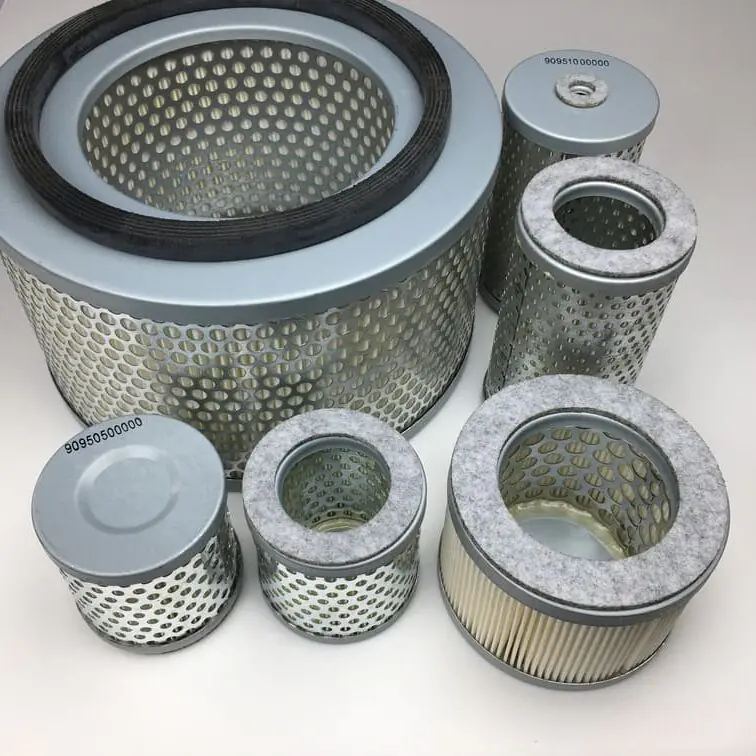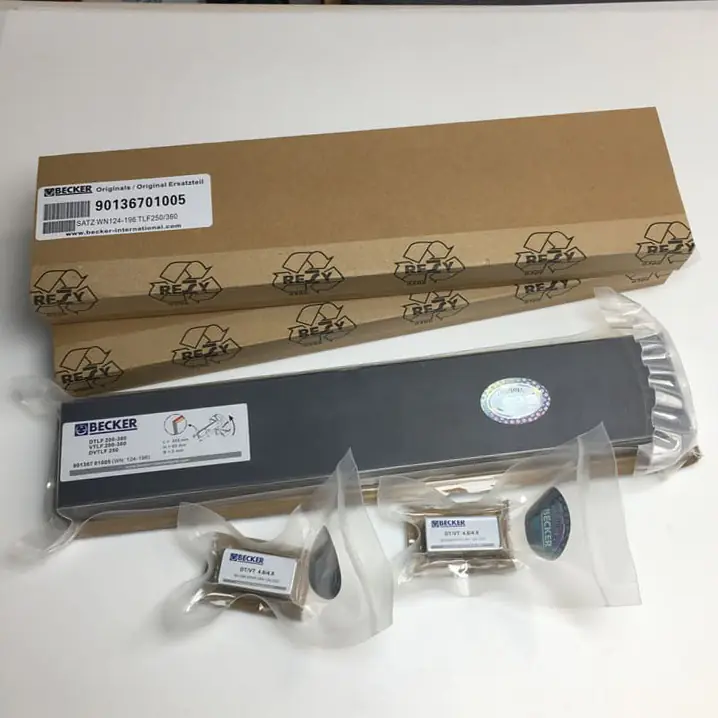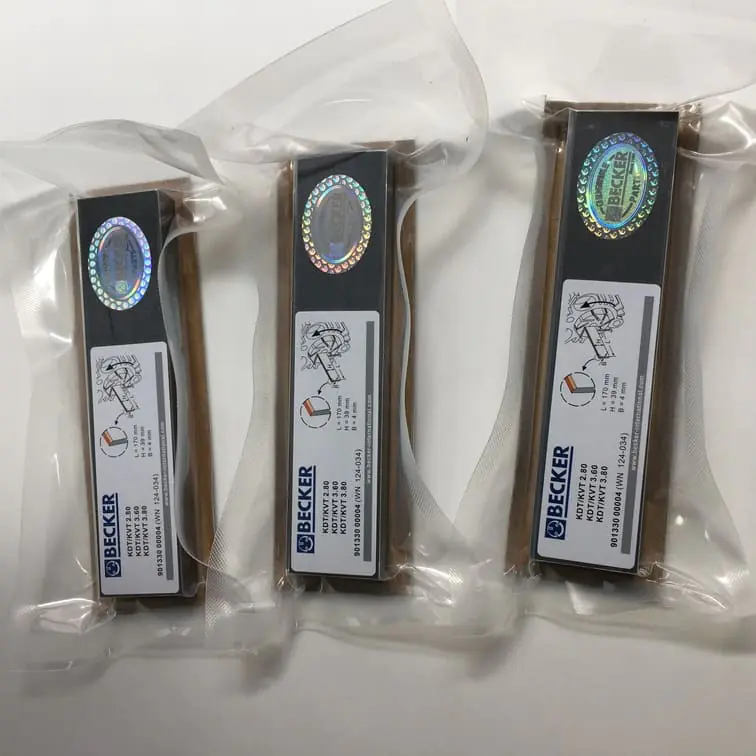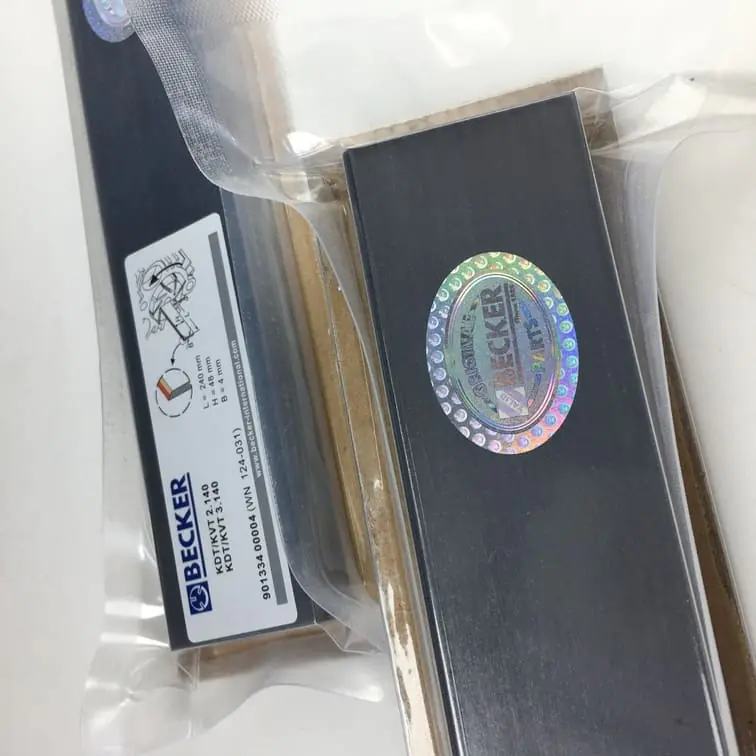Is It Normal for a Vacuum Pump to Smoke?
Vacuum pumps are an essential part of many industrial and automotive systems, ensuring effective operation by maintaining the necessary levels of vacuum pressure. However, it can be alarming to notice your vacuum pump emitting smoke. In this article, we’ll discuss whether this is a normal occurrence, explore potential causes, and provide helpful advice on how to address or prevent this issue.
Understanding How Vacuum Pumps Work
The Basics of Vacuum Pump Operation
A vacuum pump works by removing air or gases from a sealed system, creating a vacuum. It’s used in applications like HVAC systems, industrial machinery, and automotive brake boosters. Vacuum pumps come in different types, including rotary vane, diaphragm, and piston pumps, each designed for specific purposes and applications.
One of the most common vacuum pump types is the oil-lubricated rotary vane pump. It uses vanes that rotate within an oil-filled chamber, creating a vacuum through suction. This oil helps in sealing, cooling, and lubricating the pump.
“The presence of oil in a vacuum pump is crucial for its smooth operation, as it reduces friction and helps maintain consistent vacuum pressure.”
The Role of Oil in Vacuum Pumps
In an oil-lubricated vacuum pump, oil is essential for achieving an optimal vacuum and maintaining smooth movement of the pump components. Vacuum pump oil serves multiple functions, such as lubricating moving parts, sealing gaps, and preventing overheating by cooling the pump.
While oil has many benefits, it can also cause issues if not managed correctly. One of these issues is smoking, which may be alarming but is not always an indicator of severe malfunction. The key is understanding the reason behind the smoke and taking appropriate action.
Common Causes of Vacuum Pump Smoking
1. Oil Mist Emission
When a vacuum pump is operating, it’s normal for a small amount of oil mist to be emitted from the exhaust port. This mist might appear as smoke, especially if there isn’t a proper oil mist filter in place. This is particularly common in pumps without adequate filtration, as they tend to release small amounts of vaporized oil.
How to Address It:
- Install an Oil Mist Filter: Adding an oil mist filter to the pump exhaust can significantly reduce the amount of visible smoke.
- Check the Oil Quality: Ensure you are using high-quality oil specifically made for vacuum pumps. Lower-quality oil can break down and vaporize more easily.
2. Overfilled or Contaminated Oil
Another common reason for a vacuum pump smoking is overfilling the oil. Excess oil can be drawn into the exhaust, leading to visible smoke. Additionally, contaminated oil that has absorbed moisture or other substances can vaporize, producing smoke.
How to Address It:
- Check Oil Levels: Refer to your vacuum pump manual to ensure you are filling the oil to the correct level.
- Replace Contaminated Oil: If the oil appears dirty or milky, it’s time to drain and replace it with fresh oil. Regular maintenance can help prevent this issue.
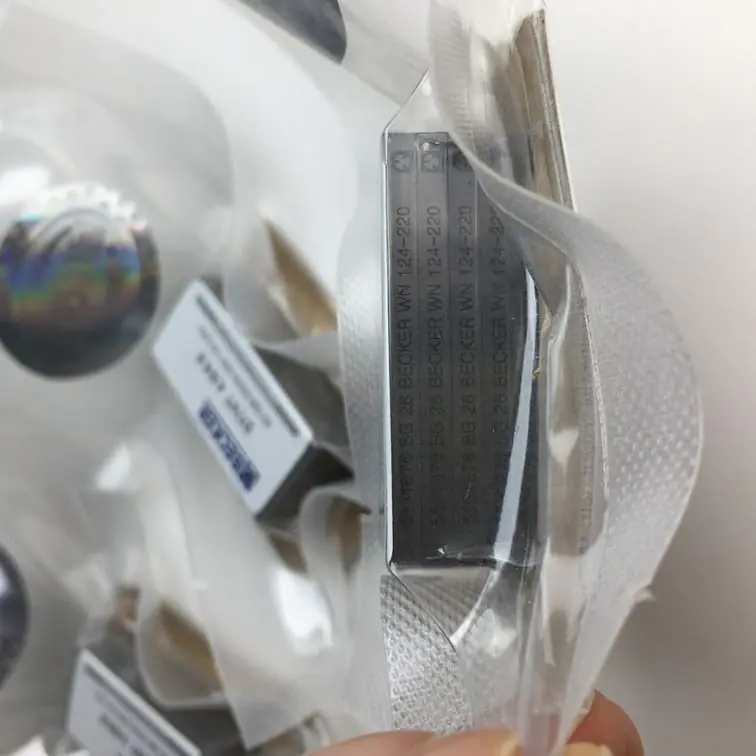
Changing oil regularly is essential for maintaining your vacuum pump. For high-quality replacement oil, visit our Vacuum Pump Spare Parts Collection.
3. High Operating Temperature
Vacuum pumps operate under considerable pressure, and when they run for extended periods, they can become overheated. This overheating can cause the oil to burn off and produce smoke, particularly if the pump lacks sufficient cooling or if the oil isn’t formulated for high temperatures.
How to Address It:
- Monitor Operating Temperature: Ensure that the pump is not running hotter than recommended by the manufacturer. If necessary, reduce operating time or provide better ventilation.
- Use High-Temperature Oil: If your pump operates at higher temperatures, consider switching to high-temperature-rated vacuum pump oil that will withstand heat without breaking down.
4. Gas Ballast Valve Usage
A gas ballast valve is a feature present on many vacuum pumps that allows a controlled amount of air into the pump during operation. The purpose of the gas ballast is to help remove water vapor and prevent condensation within the oil. However, when the gas ballast is used, it may cause a small amount of visible smoke, which is normal.
How to Address It:
- Close the Gas Ballast Valve: If smoke is present and the gas ballast valve is open, try closing it. Only use the gas ballast valve when necessary to manage moisture.
“Opening the gas ballast can help prevent oil contamination, but it might also produce a small amount of exhaust mist.”
Signs of Abnormal Smoking and How to Diagnose Them
1. Continuous Thick Smoke
If the pump emits continuous thick smoke rather than a light mist, it could indicate a serious issue. Common causes include internal seal failures, which may allow excess oil into the chamber.
- Possible Cause: A worn-out oil seal can result in an excessive amount of oil being drawn into the vacuum stream.
- Solution: Consult a qualified technician to inspect and replace the seals if needed.
2. Burning Smell
If the smoke is accompanied by a burning smell, it may indicate that the oil is overheating or there is mechanical friction inside the pump.
- Possible Cause: The pump may be running without adequate oil, leading to excessive friction.
- Solution: Stop the pump immediately, check the oil level, and add or replace oil as necessary.
3. Abnormal Noises and Smoke
If you notice smoke alongside unusual noises, like grinding or knocking, it could indicate internal damage to the moving components, such as vanes or bearings.
- Possible Cause: Damaged internal components, such as vanes, can cause friction that leads to overheating and smoking.
- Solution: Disassemble the pump and inspect the condition of its internal parts. Replace worn-out components like vanes with suitable replacement parts. Check out Becker Set of 5 Vanes for high-quality replacement vanes.
Maintaining Your Vacuum Pump to Prevent Smoking
Regular Oil Changes
Changing your vacuum pump oil at regular intervals is crucial for preventing smoking and ensuring optimal pump performance. The oil should be replaced if it appears discolored, milky, or has lost its viscosity.
Filter Maintenance
Install and maintain oil mist filters to keep exhaust emissions in check. Filters trap the oil mist that would otherwise be released into the air, which not only reduces smoking but also keeps the work environment cleaner.
- Replacement Parts: Replace oil mist filters and air filters as recommended by the manufacturer. For example, the Becker Air Filter replaces Becker 909540 ensures a clean air supply into the vacuum pump, prolonging its life.
Check for Leaks and Blockages
Inspect the vacuum lines regularly for leaks or blockages. A vacuum line leak can disrupt the pressure balance and cause the pump to overwork, leading to overheating and smoking.
Proper Ventilation
Ensure that the pump is placed in a well-ventilated area. Proper airflow prevents the pump from overheating and keeps oil temperatures at safe levels.
Frequently Asked Questions
1. Is it normal for my vacuum pump to produce a small amount of smoke?
Yes, it is normal for a vacuum pump to emit a small amount of oil mist, especially if an oil mist filter isn’t installed. However, thick, continuous smoke could indicate a problem.
2. Can overheating cause a vacuum pump to smoke?
Absolutely. Overheating can cause the oil to break down or burn, resulting in smoke. Make sure your pump has proper ventilation and the right type of oil.
3. What type of oil should I use in my vacuum pump?
Use oil specifically made for vacuum pumps. It should have low vapor pressure to avoid creating more smoke. You can find suitable oils in our Vacuum Pump Spare Parts Collection.
4. How often should I change the oil in my vacuum pump?
Change the oil every 500 to 1000 hours of operation or sooner if the oil appears dirty. Regular oil changes are essential for maintaining pump efficiency.
5. Can I continue to use my pump if it’s smoking?
If the smoke is light and intermittent, it may be normal. However, if it’s thick, continuous, or accompanied by a burning smell, you should stop the pump immediately and investigate.
Conclusion
While it’s not unusual for a vacuum pump to emit a small amount of smoke, continuous or thick smoke is typically an indicator of underlying issues such as overfilled oil, overheating, or component failure. Proper maintenance, including regular oil changes, checking for leaks, and using quality filters, can prevent smoking and ensure that your vacuum pump operates efficiently.
If you need replacement parts or further guidance, visit our Vacuum Pump Spare Parts. Keep your vacuum pump in peak condition, and it will serve you reliably for years to come.

